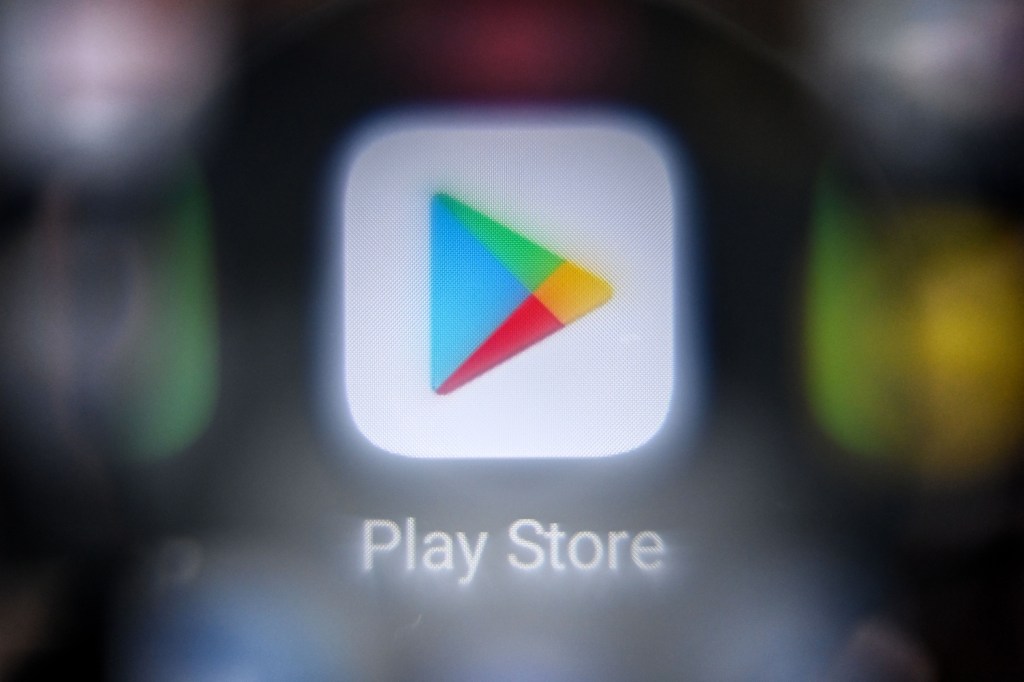Google today is announcing strengthened protections for Android developers publishing apps to its Google Play store. The changes are a part of Google’s broader efforts at keeping low-quality and unsafe apps out of its app store and off consumers’ devices, which also recently included the launch of a new real-time app scanning feature to combat malicious apps. Today, the company says it will now require new Android developers with personal accounts to test their app with a minimum of 20 people for at least 2 weeks prior to publication. It additionally plans to increase its investment in the app review processes, warning of potential slowdowns in approvals for a small number of apps as these changes roll out.
According to Google, developers that use its testing tools have, on average, 3 times the amount of app installs and user engagement. That, of course, may not be a factor fully attributable to Google’s tools, but to the developers who would utilize such app testing tools before hitting publish. That is, they’re likely developing higher-quality applications. But now, app testing will no longer be optional for developers with newly created Play Console accounts, says Google.
Without providing an exact timeframe, Google says that new developers with individual accounts (as opposed to new Organization accounts) will be required to test apps with 20 people or more for 2 weeks or longer before publishing to production. The company believes this will help developers identify issues and bugs, and gain user feedback before their app’s launch. It says the requirement will arrive in the Play Console in the “coming days.”
Related to this, Google also plans to invest more heavily in its app review process, which, anecdotally, has long been considered to be less stringent than Apple’s with more reliance on automation over human review. Today, Google says its review teams will begin to spend more time assessing new apps to ensure policy compliance and that they don’t defraud users, including within the app or outside the Play Store.
This particular change follows an issue that’s impacted both app stores in India, specifically, where predatory lending apps have targeted financially insecure consumers, and then used unethical tactics to pressure borrowers to pay back debts. Apple this summer also had to sweep its App Store of these apps, but Android is more popular in India, which means the issue more heavily impacts the Play Store.
However, Google is also taking aim at apps that ask for elevated permissions with the launch of Android 14. With this release, developers can use more granular permission flow options, like asking only to access select photos or videos instead of the entirety of a user’s photo gallery.
As a result of the app review changes, Google warns it may take longer to review “a small portion of apps,” including those that require “certain device permissions” or those aimed at children.
The company announced a few other updates today, as well, including the ability for developers to choose their preferred deadline for meeting stricter verification requirements associated with publishing on Google Play. Developers who don’t choose a timeframe before Feb. 29, 2024 will have their deadline set for them, Google says.
It also noted that, in addition to providing users with more information about which apps work well on their devices, and other efforts to highlight local and regional content, Google will add a badge identifying official government apps starting in 2024.































Comment